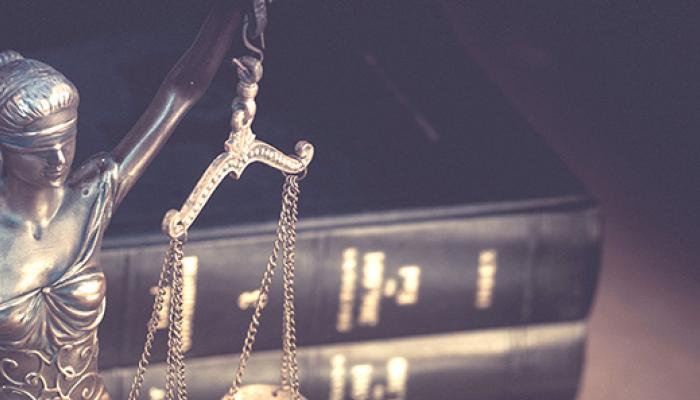
6.11 Hebben wij als christenen het recht om te straffen? Hoe konden heiligen zeggen dat ze vrij waren terwijl ze gevangen zaten? Staat de Bijbel oogluikend moderne slavernij toe?
De Bijbel heeft het over het belang van straffen, maar Gods rechtvaardigheid is vooral opbouwend: Hij wil genezen en herstellen. Dat is waarom Jezus de straf voor onze zonden in onze plaats heeft ondergaan, voor eens en altijd (1 Joh 2,1-2). Onze rechtsstelsels zijn normaal gesproken op straffen ingesteld. Gevangenissen zijn een belangrijk middel om de samenleving veilig te houden, maar moeten misdadigers ook helpen een andere weg in te slaan.
Sommige heiligen hadden een innerlijke vrijheid en genegenheid voor Jezus die niemand van hen af kon nemen, zelfs niet met overmacht. Hierdoor hadden zij de kracht om geestelijk sterk te blijven ook al moesten ze soms vreselijk lijden. Hun martelaren konden hun lichaam dan wel toetakelen of zelfs doden, maar hun ziel niet. De Schrift veroordeeld mensen die anderen tot slaaf maken (1 Tim 1,8-10), omdat God wil dat wij vrij zijn (Luc 4,18). We moeten doen wat we kunnen om moderne vormen van slavernij en mensenhandel tegen te gaan.
What is the purpose of punishment?
A punishment imposed by legitimate public authority has the aim of redressing the disorder introduced by the offense, of defending public order and people’s safety, and contributing to the correction of the guilty party [CCCC 468].
What kind of punishment may be imposed?
The punishment imposed must be proportionate to the gravity of the offense. Given the possibilities which the State now has for effectively preventing crime by rendering one who has committed an offense incapable of doing harm, the cases in which the execution of the offender is an absolute necessity “are very rare, if not practically non-existent.” (Evangelium Vitae). When non-lethal means are sufficient, authority should limit itself to such means because they better correspond to the concrete conditions of the common good, are more in conformity with the dignity of the human person, and do not remove definitively from the guilty party the possibility of reforming himself [CCCC 469].
Punishment cannot be reduced to mere retribution, much less take the form of social retaliation or a sort of institutional vengeance. Punishment and imprisonment have meaning if, while maintaining the demands of justice and discouraging crime, they serve the rehabilitation of the individual by offering those who have made a mistake an opportunity to reflect and to change their lives in order to be fully reintegrated into society [Pope John Paul II, Jubilee in prisons, 9 Jul. 2000, 6].





